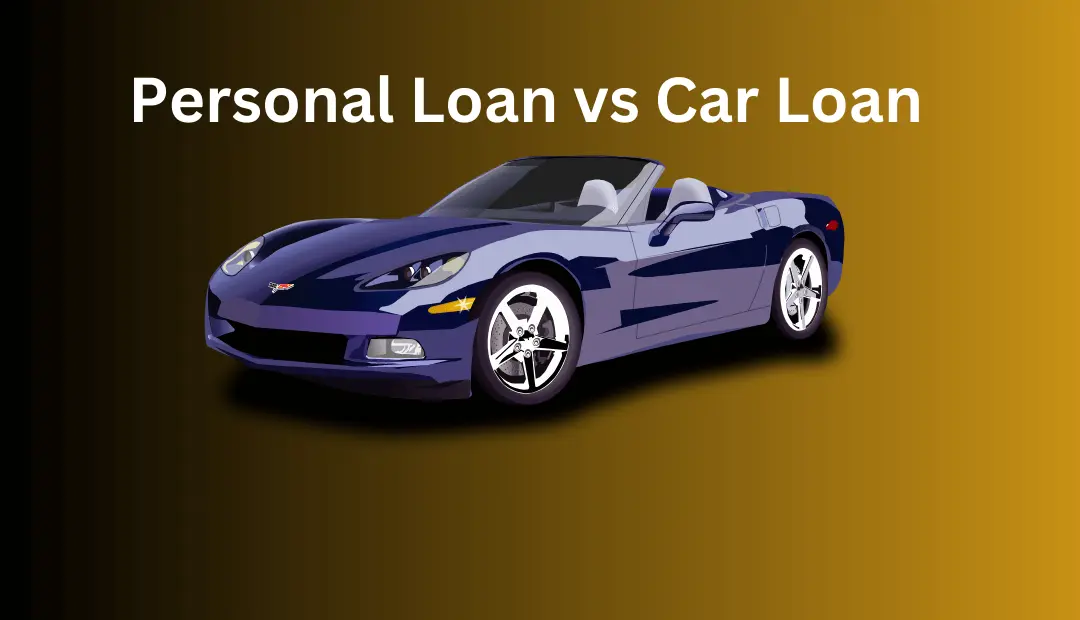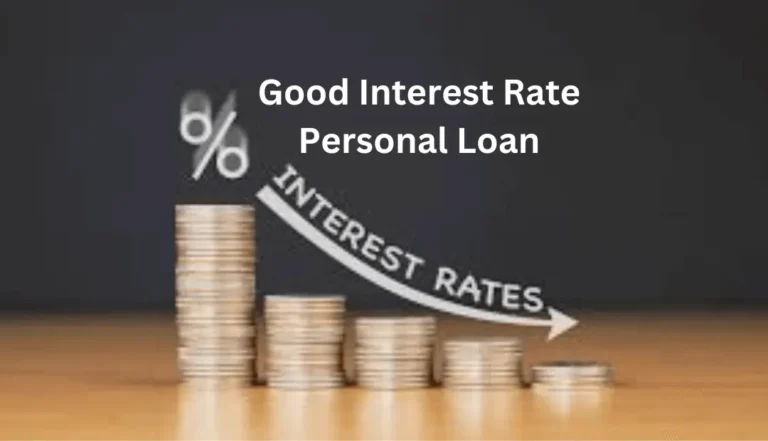Personal Loan vs Car Loan: Which Loan Is Best For Car?
Personal Loan vs Car Loan
Personal Loan vs Car Loan: The latest National Economic Development Authority survey found that eight out of every ten Filipinos want a “simple and peaceful life.” For 62 percent of these respondents, a simple and peaceful life means at least Owning a car.
Buying your car, whether new or second-hand, is a good investment. Not all of us can afford to buy a car in the Philippines. In addition to daily expenses, monthly car amortization adds up to fuel and maintenance costs. Which are not cheap at all!
Get a car-buying option that is convenient, practical, and affordable. This brings us to the question of whether you should take a personal loan or a car loan. Things to consider when comparing car loans vs personal loans. So these factors are given.
Also Read: SSS Salary Loan How To Apply | A Step-by-Step Guide
What Distinguishes A Personal Loan vs A Car Loan
Personal loans are generally an unsecured type of financial product. Which does not require collateral such as vehicles and properties. The approval of the borrower is based on the creditworthiness or financial ability to repay the loan.
On the other hand, a car loan is a secured loan that is backed by collateral. To get a car loan, you need to make a fairly low down payment at the beginning of the term. The bigger your deposit, the more successful your monthly repayments. Will be less.
Advantages And Disadvantages Of Personal Loan vs Car Loan
Before deciding whether to take a car loan or a personal loan, compare the interest rates and other pros and cons of personal loans vs car loans.
What you should know about loans is as follows:
Which Loan Is Better: Personal Loan vs Car Loan? Five Factors to Consider
Consider these five things when choosing a personal loan vs. a car loan.
👉Terms of payment
You may be tempted to go for a longer term to work out the monthly payments. However, you will eventually pay more interest if the loan duration is longer.
Both personal and auto loans fall under this category. The repayment period for personal loans is usually 60 months, while some car loans can go up to 72 months.
Want to pay the same amount for the same car for five years even when the “new car high” is long gone? Would you rather pay off the loan as quickly as possible? Going for monthly amortization?
Check out this sample calculation using BPI’s Auto Loan Calculator for three-year and five-year car loans to help you decide. (2)
You can know the difference between the monthly amortization and the total cost of the loan. As the payment is affected by the tenure chosen. For a 36-month repayment period with a down payment of 20%, the monthly amortization will be 20857.
The second calculation is for a longer repayment period of 60 months with the same 20% down payment. The monthly amortization would be 13894. This is low, yes, but if you multiply the monthly amortization by 60 months, you get You pay a total price of 833640 800000 for one vehicle.
👉 Interest Rates Personal Loan vs Car Loan
The price you pay your lender for allowing them to finance your car is called interest. The advertised price of the car and your existing financial status are used to determine interest rates.
Interest rates for personal loans are typically greater than those on auto loans. However, like with secured loans, these rates may be lowered. Whenever possible, choose a loan with a basic interest rate rather than one with compound interest.
Add-on rates and effective rates are also included in car loan interest rates. The term “add-on rate” describes the annual gross interest rate multiplied by the total number of years in which your loan is outstanding.[3]
After deducting each principal repayment from the total amount owed on your loan, the effective interest rate represents the actual interest rate you will pay.[4]
You can use the BPI Auto Loan Interest Rates[5] listed below as a guide to compare effective and add-on interest rates.
👉 New or Used Car
The majority of auto loans are designed specifically for new or Certified Pre-Owned (CPO) automobiles. Always determine which auto loan options are most appropriate while researching the vehicle you want to purchase.
When purchasing used, inquire about vehicle financing in close consultation with the original owner. Consider obtaining a personal loan if you intend to purchase an older automobile or if there are no possibilities for specialized auto loans.
👉 Credit Rating
If you decide to apply for a personal loan, lenders will probably check your credit report. This serves as their guarantee that you will be able to pay them on schedule.
If your credit score isn’t the best, you have a greater chance of obtaining a car loan than a personal loan. In any case, having bad credit results in a significantly higher interest rate. Ideally, you should start the loan application process only after you have paid off the majority of your outstanding credit debt.
👉 The Question of Repossession
Reducing the possibility of loan default is what you want to do. Depending on the type of loan you took out, you may not be able to repay the entire amount on time.
For instance, your car may be repossessed or seized by the lender if you default on a car loan.
It’s crucial to compare rates and terms offered by lenders for each type of loan you apply for to ensure that they align with your existing income. Buying a car doesn’t have to break the bank, even if it may be a significant commitment.
5 Crucial Questions to Ask When Comparing Personal Loan vs Car Loans
🤔 Which Type of Vehicle Do I Want to Purchase?
Will you be purchasing a sedan or a hatchback? Or is it the family’s SUV? One thing to consider when choosing between a personal loan and a car loan is the kind of vehicle you wish to buy. Because banks will only approve a loan amount based on the down payment amount, your credit score, and your present financial situation, car loans can limit your alternatives.
🤔 Is the Down Payment Affordable?
Typically, a down payment of 20% of the car’s entire selling price is required. The amount of your down payment can be as much as ₱100,000, depending on the car’s price. Make the down payment in cash if you have the necessary finances to do so to receive monthly vehicle loan payments that are more reasonable.
🤔 Can I Pay the Monthly Partial Payment?
The monthly amortization increases with the car’s price. Make sure your income or wage can support the monthly payments for the following three or five years before applying for a personal loan or auto loan for the purchase of a car.
🤔 What Other Charges Must I Pay?
The following expenses must also be paid when purchasing a car:
- All-inclusive Third Party Liability Insurance, costing approximately ₱800 year
- The amount of the motor insurance premium is determined by the vehicle’s type, purchase price, and length of coverage.
- Chattel Mortgage, which is up to 3% of the total amount you borrow
🤔 Is There A Parking Spot Available?
Make sure you have a parking place at home before you even begin comparing personal loans vs. vehicle loans. If you don’t have a parking space and reside in a condo, you may be able to rent one for as much as ₱2,000 a month, or even more, in the metro. This adds a sizable sum to your monthly car ownership expenses.
Last Words
How do personal loans compare to auto loans? This is contingent upon your income, credit score, and desired length of auto payment. Recall that buying a car is a significant financial commitment that requires forethought and preparedness. Before purchasing one, confirm that you can pay it off.
Research loans before transferring your hard-earned cash to ensure you’re getting the greatest deal. With Moneymax’s free online comparison tool, you can locate the finest personal or auto loans available in the Philippines.






